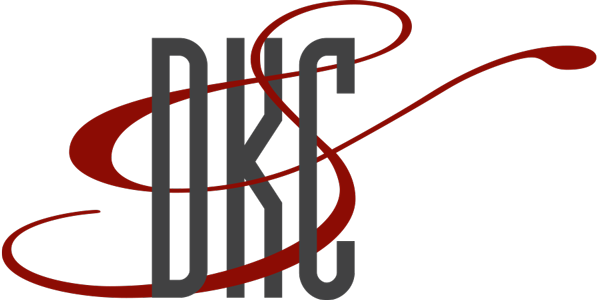Securing a Strong Retirement Act (SSRA) – Secure Act 2.0
On March 29, 2022 the House of Representatives passed H.R. 2954 which is commonly referred to as the SECURE Act 2.0. Currently, this bill is being debated in the Senate and it is unclear which sections of the bill will make it to the final version. Below are the key aspects in the current draft of the bill:
Required Minimum Distributions (RMD):
The RMD age would be increased to age 73 from 72 beginning in the year 2023 followed be a second increase to age 74 in the year 2030 and a final increase to age 75 in year 2033. The penalty for failure to take timely RMD’s would be reduced from 50% to 25% of the required distribution amount.
401(k) and Other Qualified Retirement Plan Catch-Up Contributions:
Beginning in 2024 the maximum allowable contribution amounts will be indexed for inflation. Currently employees over the age of 50 may make a qualified retirement plan catch-up contribution of up to $6,500 annually to a qualified retirement account. The proposed change would increase the catch-up contribution maximum to $10,000 for taxpayers between 62-64 years of age. In addition, beginning in 2022, all catch-up contributions to qualified plans would be subject to Roth tax treatment, meaning contributions will be made with after-tax dollars. Please note that this is not enacted law as of the date of this newsletter publication.
401(K) & 403(b) Plans:
Employers starting new plans will be required to enroll employees in the plan with a minimum employee contribution rate of 3% for plans beginning after 2023. Exceptions to this rule would exist for businesses in operation less than 3 years, have less than 11 employees, or have government or church plans. These plans would allow employers to make matching contributions as Roth contributions. Additionally, under the proposed rule, employees can earn employer matching contributions to their company’s retirement plan by making eligible student loan payments in lieu of contributing to the company’s retirement plan.
Individual Retirement Accounts (IRAs):
SEP and SIMPLE IRAs would be authorized to accept both traditional and Roth contributions.
Overall, the Secure Act 2.0 expands on existing retirement options for both employers and employees by allowing more flexible contribution options, providing greater incentives to contribute to retirement, and by reducing restrictions and eligibility requirements as they relate to retirement contributions and distributions.
At DKC, we are monitoring the progress of this legislation and will advise you of the final resolution when it is available.



